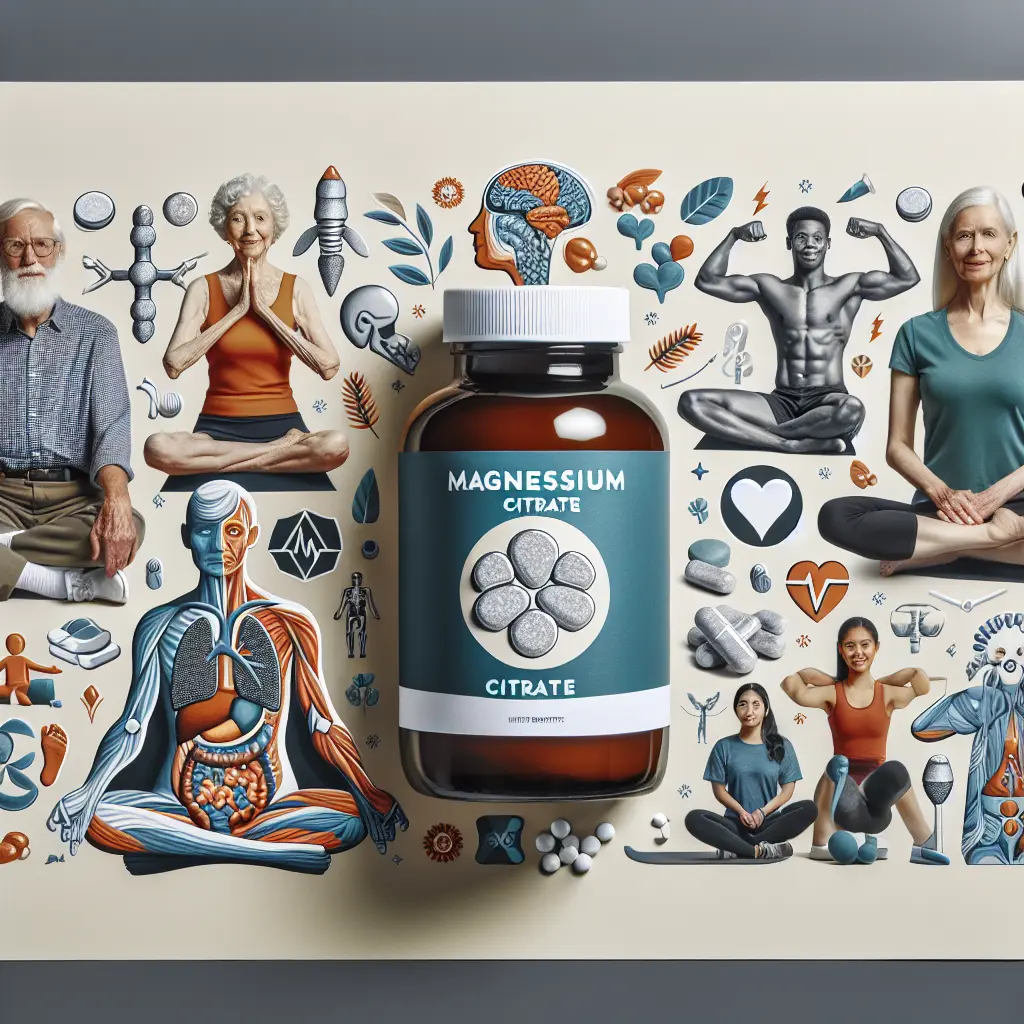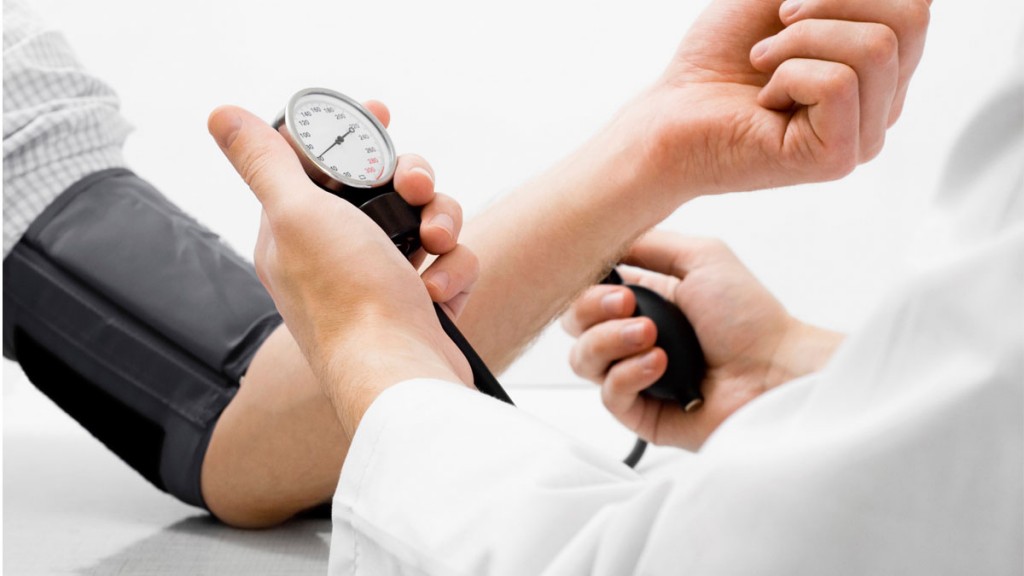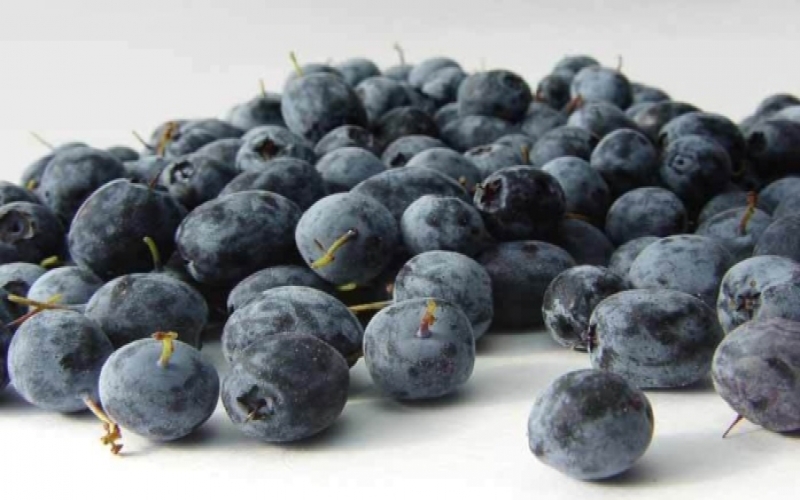6 Things You Must Be Aware Of Gluten
Gluten is a mixture of two proteins present in wheat as well as cereal grains that, for a few individuals, may result in digestive issues when the large intestine fails to break down the gluten into amino acids. It is explained that when these non-broken down pieces of gluten enter the small intestine, they are too large for nutrient receptors to absorb them – which then may result in a range of negative health effects.
These days, going gluten-free has become a near-fad that lots of individuals embrace whether or not they identify rightly that they are gluten sensitive. Thus how can you notify if evading gluten is something that may help you? Here are 6 things to know in relation to gluten, and whether a gluten-free diet may be right for you:
- Gluten is a protein constituted with glutenin and gliadin molecules, which leads to the formation of elastic bond in the presence of water. Gluten exists in grains excluding wheat, and including oats, rye, and barley.
In addition, gluten can hide in processed food products available under a mixture of names, including but not restricted to starches, malts, texturized vegetable protein (TVP), hydrolyzed vegetable protein (HVP), as well as natural flavouring agents.
- A major caution associated with gluten is its inclination to slow down the proper nutrient breakdown as well as absorption from food products, apart from if they have gluten or not. This may avoid proper digestion as excess gluten gives rise to the production of a glued-together constipating protuberance in the gut. Too much intake of gluten and an added damage and swelling in small intestine may incline an individual to nutrient deficiencies, nutrient malabsorption, osteoporosis, anemia, other psychological or neurological illnesses, and complications related to joints, skin, liver, nervous system and much more.
- Gluten products comprise white as well as pasta, couscous, whole-wheat flour, wheat germ, graham flour, wheat bran, flour tortillas, beer, cereal, crackers, processed broth together with bouillon cubes and a number of other foods counting with processed lunch meats and fried products.
- In addition to diarrhoea, bloating, belly pain, fatigue and a general sensation of unwellness, warning symptoms of gluten intolerance may consist of: headache, nausea, confusion, joint or muscle pain, confusion and numbness.
- As there is no particular laboratory test for gluten sensitivity, your doctor will have to exclude other possible reasons. In certain instances, patients may require to be assessed for wheat allergy or celiac ailment. A gluten-free diet may be recommended in case the test results are negative.
- A gluten-free diet is a significant choice for fighting gluten-allied ailments, and picking gluten-free food products is the primary step in doing so. As there are foods available that are inaccurately labelled as “gluten-free,” it may be rather complicated to opt for the acceptable items initially.
A few best foods for a gluten-free diet may comprise seeds (macademias or walnuts, chia, pumpkin or sunflower, beans sprouts, or nuts pecans), fish (wild-caught Alaskan salmon, anchovies and herring, sardines that aren’t breaded, batter-coated or marinated), organic as well as pasture-raised eggs, organic and grass fed meats that aren’t breaded, organically grown, GMO-free fruits and veggies in addition to healthy fat sources including grass fed butter, olives and avocados, coconut oil.
Let’s look at it: We’re bounded by risks, some of them undetected that are putting us susceptible of poor health. GMOs, EMFs, Processed foods, Along with just the tip of the iceberg! It’s at this time that a majority of individuals look out for direction to help protect against these threats and shelter their well-being. At times often, it appears like an unattainable achievement.
But here’s a top secret: The majority of complex tasks might become easier and simpler if you take them one step at a time. If you’re really dedicated to take control of your health, then HealthDiva’s Nutritional Guide is precisely what you necessitate. This step-by-step chart summarizes the most essential approaches for attaining an optimal wellness, which may consist of:
- The healthiest food products to consume (and the time period to eat them)
- The significance of high-quality sleep (and how to get an adequate amount of it)
- An exercise program that improves your mitochondrial health (it only takes 4 minutes!)
- And much more!
“Gluten-free” is a major catchphrase across the modern society today, as more and more gluten-free (GF) supplements are hitting the market. And such gluten-free, high quality nutritional supplements are available at HealthDiva. This is magnificent news for people with celiac disease who, in the past, had to search for high and low for an expensive loaf of gluten-free bread. On the other hand, it isn’t just those suffering from celiac disease, wheat allergy, or gluten intolerance that is purchasing these products; a lot of other people are opting for removing gluten from their diets.
Gluten-free supplements are chock full of vitamins, minerals, antioxidants, as well as fibre, and provided that you don’t go beyond it portion-wise, incorporating them in your diet can be a great help to you to lose weight, as well as shield your health.
Thus, say “HI” to all the gluten-free nutritional supplements available at www.healthdiva.net at a very affordable price!!




